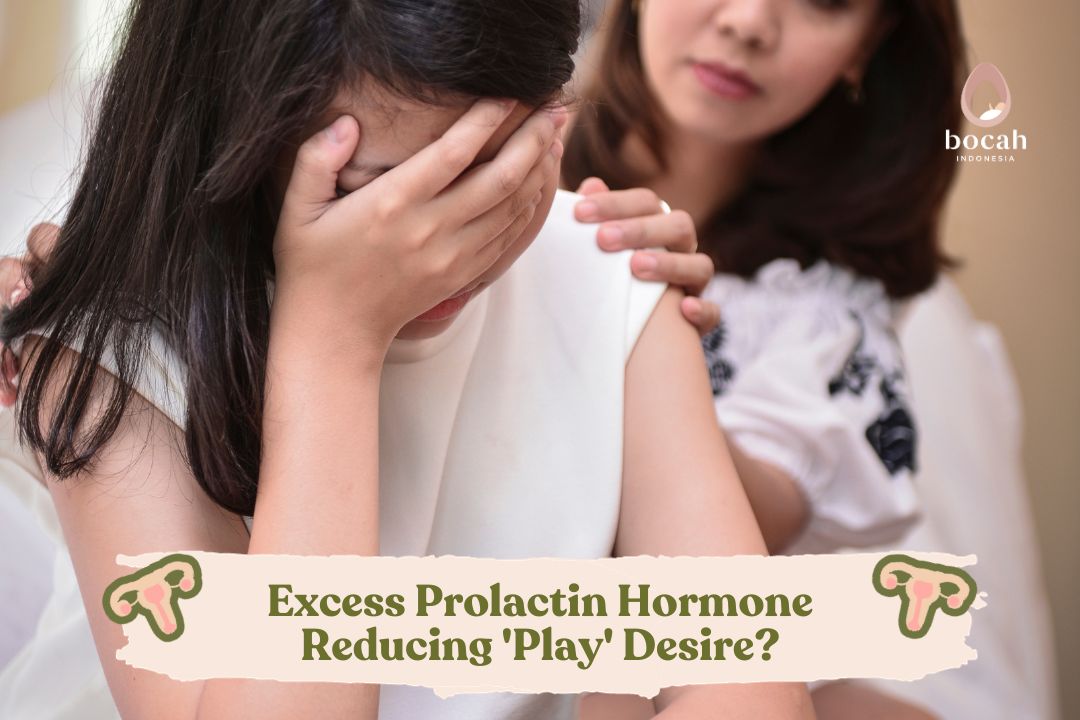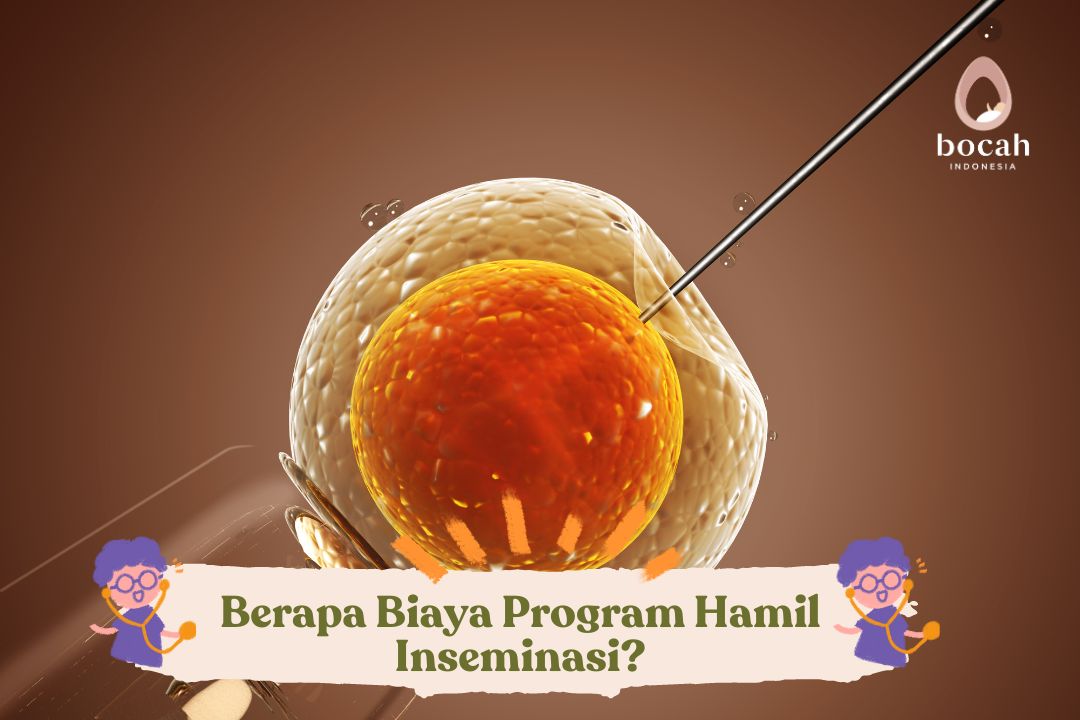Too Much MSG Reduces the Desire to Play?

Parents fond of consuming savory snacks containing MSG? Beware, excessive consumption can affect fertility.
Monosodium glutamate (MSG) is one of the flavor enhancers used in food to enhance taste. Typically, it’s used for snacks and even foods sold on street carts. While it definitely improves the taste when consumed, consuming it excessively can have health implications. Parents, did you know that MSG consumption can affect fertility?
Effects of MSG on Sexual Drive and Fertility
Although delicious, in reality, MSG can affect one’s libido. According to experts, MSG is often associated with depression and health disorders. This is because depression can influence an individual’s sexual drive.
Typically, MSG is found in street food, fast food, and even restaurant dishes.
Moreover, a study published in the Toxics journal mentions that MSG can increase the production of free radicals leading to lipid peroxidation or sperm membrane dysfunction, sperm DNA damage, and disrupted sperm motility. This condition obviously can disrupt male fertility.
Tanya Mincah tentang Promil?
Additionally, several other studies conducted on newborn animals given high doses of MSG indicate that MSG can cause lesions in nerve structures and retina. When these animals mature, other effects show disturbances in neuroendocrine, inhibited growth, obesity, and even infertility problems.
While there is still no clinical evidence in humans that MSG can disrupt fertility, on the other hand, the pancreas is stimulated to produce excessive insulin. This can lead to hormonal imbalances.
In essence, MSG has been categorized as a safe food ingredient by the Food and Drug Administration (FDA). However, its use remains controversial.
If you often consume food containing excessive MSG, be cautious. Because consuming excessive MSG can lead to obesity. This condition can cause hormonal disorders and will obviously affect fertility.
Many are unaware that MSG has different names listed on food packaging, such as:
- Corn oil
- Hydrolyzed plant protein
- Hydrolyzed protein
- Hydrolyzed oat flour
- Hydrolyzed vegetable protein
- Sodium caseinate
- Calcium caseinate
- Autolyzed yeast
- Yeast extract
- Plant protein extract
- Textured protein.
MSG Usage Dosage
To date, there’s no definite regulation regarding the clear dosage of MSG from food agencies or the World Health Organization (WHO). So, many conclude that MSG can be used as needed without a maximum limit.
It’s worth noting that using 5 grams of MSG per day can provide a maximal umami taste. Therefore, use MSG wisely in accordance with the recommendations of the Indonesian Ministry of Health which advises against excessive MSG use.
However, it’s better to replace MSG with natural flavor enhancers that can be obtained from spices or other natural ingredients.
So, that’s the danger of excessive MSG consumption that can affect the fertility of both parents. Even if it doesn’t directly, when consumed excessively and over a long period, it can influence their fertility condition.
If you’re planning a pregnancy, it’s better to consume nutritionally balanced foods that do not contain MSG. Also, complement it with supplements as needed.
Source:
- Kayode, O.T., et al. (2020). Monosodium Glutamate (MSG)-Induced Male Reproductive Dysfunction: A Mini Review. Toxics. 2020 Mar; 8(1): 7.
- Zanfirescu, A., et al. (2019). A review of the alleged health hazards of monosodium glutamate. Compr Rev Food Sci Food Saf. 2019 Jul;18(4):1111-1134.
- Eweka, AO. (2011). Histological Studies of the Effects of Monosodium Glutamate on the Ovaries of Adult Wistar Rats. Ann Med Health Sci Res. 2011 Jan-Jun; 1(1): 37–43.
- Ali, A.A., et al. (2014). Effect of monosodium glutamate on the ovaries of adult female albino rats and the possible protective role of green tea. Menoufia Med J 2014;27:793-800.




